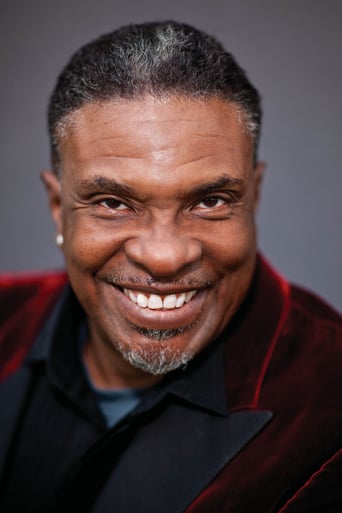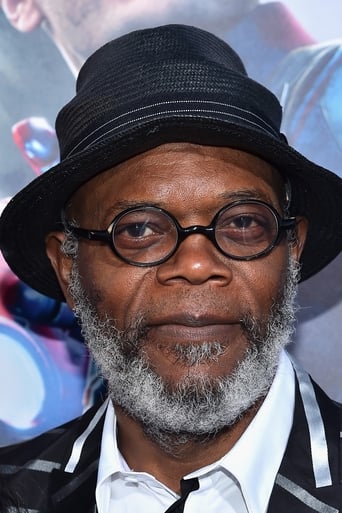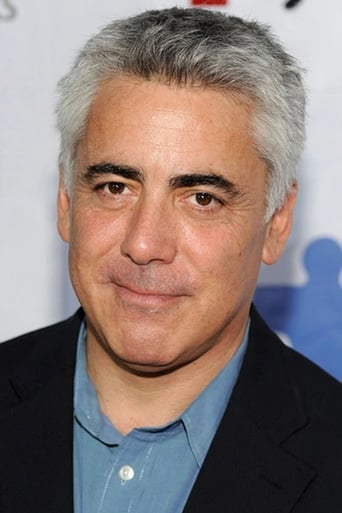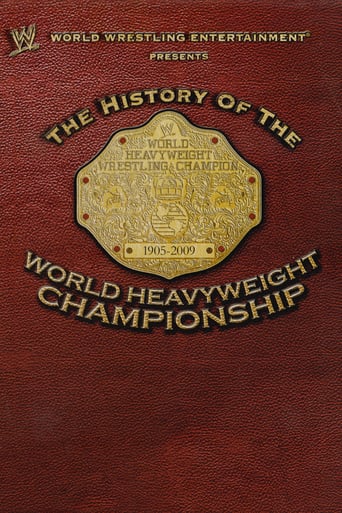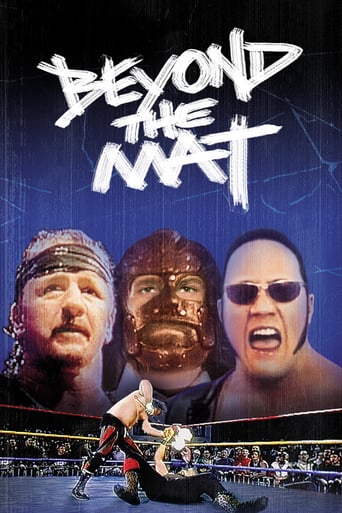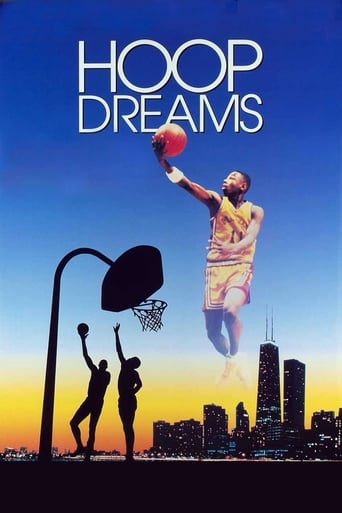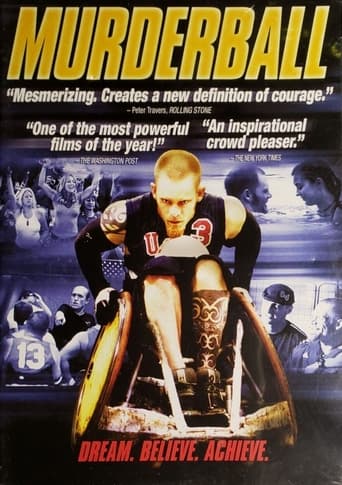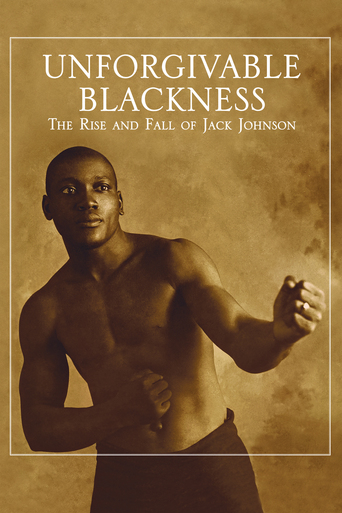
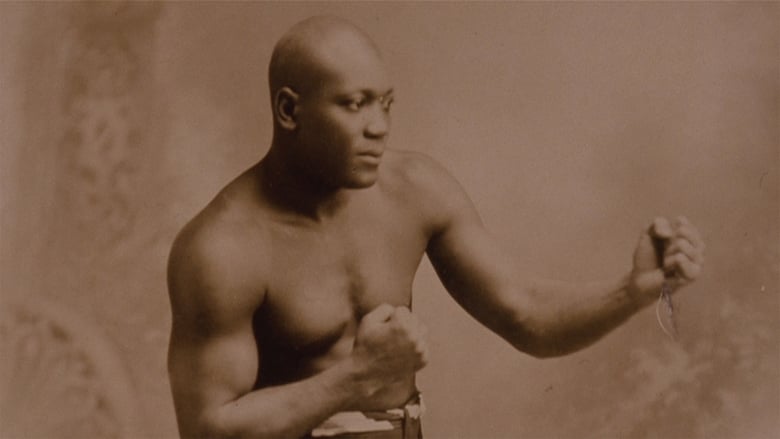
Unforgivable Blackness: The Rise and Fall of Jack Johnson (2004)
The story of Jack Johnson, the first African American Heavyweight boxing champion.
Watch Trailer
Cast


Similar titles
Reviews
The one thing that did surprise me about this otherwise impressive documentary that Ken Burns put together about Jack Johnson was that he did not use some archival recordings of Jack Johnson and for that matter Jess Willard's voice. Both are available, in fact on one of my vinyl LPs I have them. In the case of Johnson, Samuel L. Jackson captured both his voice and inflections of attitude quite well.When Joe Louis became heavyweight champion it was as much a milestone for racial equality as Jackie Robinson integrating professional baseball. Louis was a man conscious of what this country was around him as was Robinson and sought to become a hero to all. When he knocked out Max Schmeling in that second fight he did just that.Jack Johnson was a man born in a much harder and crueler time when black Americans may have been freed from slavery, but not from the attitudes that engendered it. He was the best at his sport, he knew it and he made sure everyone else knew it. It was only in 1967 that miscegenation laws were finally done away with by the Supreme Court, but in the years Johnson was in his boxing prime they were enforced with a vengeance. It galled a large section of white America that saw him keep public company with white women and even more that he beat just about every challenger black and white thrown at him.Looking at the Johnson-Jeffries fight of 1910 to me it's almost unfathomable that people could have invested so much in Jeffries in their racist hopes. Jim Jeffries licked all before him when he retired in 1905 undefeated in the ring. Probably had he taken on Johnson and such other black contenders like Sam Langford, Joe Jeanette, and Sam McVey he might well have beaten them. But the Jeffries who had been out of the ring for almost six years was never going to take on Jack Johnson in his prime. If anyone bothered to filter through all the racial crap and examined the situation logically no one would have bet on Jeffries.James J. Corbett another former champion who Jeffries beat twice in comeback attempts and who worked to train Jeffries for the bout was accused of racism. Probably so, he like many tossed a lot of racial epithets to get Johnson to lose his cool in the ring, but Burns mentions that Tom Corbett, Jim's brother was the chief bookie for bets on the fight in Reno. There was barely any money bet on Johnson, so the Corbett family may have had racial sympathies with Jeffries, but they would have cleaned up on all the money bet on Jeffries with them.When Johnson did lose to Jess Willard in 105 degree heat in Havana in 1915, he was passed his prime also and the years of high living cost him, probably put him passed his prime a lot sooner than he would have gotten there. Still seven years is a long time to be a boxing champion in any division. I remember as a kid when film of the Willard-Johnson fight were discovered, having thought to have been lost for years, Jess Willard was still alive and somewhat vindicated that he in fact won a clear victory despite all the rumors that Johnson had thrown the fight. It was 26 rounds in that tropical heat and Willard just outlasted Johnson, the same Johnson outlasted an over the hill Jim Jeffries.Why the heavyweight division was so racially sacrosanct was still a mystery. Joe Gans and Lampblack Joe Walcott were lightweight and welterweight champions at the time Johnson was champion and while life was no bed of roses for either of them, they never encountered the animosity that Johnson faced. He did in fact not fight those boxers I mentioned before when he won his title. The white champions didn't fight for racial reasons, but Johnson wouldn't fight them because they wouldn't draw any kind of gate. Sad, but he was right on the economics.It was also mentioned that he wanted to fight Jack Dempsey in the Twenties. Quite frankly if he couldn't take Willard, he would have been slaughtered by Dempsey in his prime. But Dempsey also refused to fight a great black heavyweight named Harry Wills who was left begging for a title shot and Wills would have been a match. The first black on black heavyweight title fight was when Joe Louis fought John Henry Lewis for the title in the late Thirties.Jack Johnson was a man out of his time as much as Joe Louis was a man of his. When Muhammed Ali came to the fore a lot of boxing fans and historians were taking a second look at Johnson and giving him is long overdue due. A lot of people say he was the greatest heavyweight champion of all time and one can make a great case for it.Which is what Ken Burns did in this extraordinary documentary.
This is an amazingly long and detailed biography about the first black heavyweight boxing champion, Jack Johnson. In an era where blacks were, at best, second-rate citizens, Johnson had a brashness and arrogance that made it even more difficult for white America to accept him. And, incidentally, many black Americans disliked him as well. This was because he slept with prostitutes--many of them. And, many of these women were white--a sin which few seemed willing to forgive. As a result, even though he was the undisputed champ, he was often reviled. Many will be amazed at just how horrid the hatred was--with vile comments by supposedly upright citizens and newspaper accounts that are embarrassingly hateful. What happened next, you'll just need to see for yourself--but much of Johnson's downfall, unfortunately, was his own doing."Unforgivable Blackness" is a perfect or near perfect film. Some might balk at the great length of the film, but is grand style and quality are apparent throughout the movie. Incidentally, if you want to see more about this amazing but flawed man, try watching "The Great White Hope" with James Earl Jones, a slight reworking of the story of Johnson.By the way, it's not a major beef, but this show repeats a very commonly accepted myth. While President Woodrow Wilson was a horrible man (don't even get me started...), the comments he supposedly made after seeing the racist film "Birth of a Nation" were actually never made. The Writer Thomas Dixon apparently made up this quote. Do a little research on the web, you'll see what I mean.Also, although they never mentioned it in the film, it was illegal for a black and white couple to marry in many states in the US at the time and remained so until the early 1960s. Sad.
As the author of a biography about Canadian heavyweight champion Tommy Burns, I can tell you Unforgivable Blackness didn't tell the whole story by portraying Tommy as a racist who had to be badgered into fighting Jack Johnson. Until Tommy Burns came along, all the heavyweight kings had been white Americans who openly drew the so-called 'colour line,' refusing to fight blacks. Tommy, who fought seven African-American boxers on his way up, announced the day that he won the title that he would take on all comers, regardless of race or religion. Among other things, Tommy Burns did the following: * Break the colour line by becoming the first white champ to fight a black boxer (Jack Johnson). * Become the first champ to give a Jewish boxer (Joseph Smith) a crack at the title. * Married a black woman. * Hire two black sparring partners. * Befriend and socialize with black fighter Billy Woods. Tommy Burns was a racist by the standards of 2007, often using the 'n' word in interviews. But by the standards of his era, he was a very progressive individual. And although director Ken Burns doesn't acknowledge it in his otherwise very good film, if it wasn't for Tommy Burns, no one alive today would know or care who Jack Johnson was. Dan McCaffery, author, Tommy Burns: Canada's Unknown World Heavyweight Champion
ARE SPOILERS POSSIBLE FOR HISTORICAL DOCUMENTARIES? IF SO, THERE MAY BE SOME HERE.This inaccurate, intellectually dishonest propaganda puff piece represents a new low for ultra-PCers Burns and Ward. They have done their mightiest to make a hero out of a self-indulgent thug, making a mockery out of historical reporting in the process.Jack Johnson was indeed a man of the future: he would fit right in with the egomaniacal, spoiled-rotten sports "heroes" that are so prevalent today. In a sense, he had great courage, demanding liberties and privileges that the society of his day (virulently racist, by today's standards) considered monumental affronts. But his brand of courage was more a form of supreme gall, borne by an overbearing sense of special entitlement. There can be little doubt his behavior promoted racism by appearing to confirm the worst fears whites held toward black men that they were, at heart, irresponsible brutes with an insatiable lust for white women. Contrary to the subliminal thesis here, Johnson was anything but a social reformer blazing a trail to freedom.Other heroic qualities are magnified out of proportion here, with editorial sleights-of-hand. Johnson's quotes come almost entirely from a ghost-written autobiography, making him appear more articulate than he really was. The herculean physical courage attributed to him is not confirmed by the facts: His first three fights after winning the belt in 1908 (McLaglan, O'Brien, Ross) were six-round, no-decision exhibitions; the fourth (Kaufman) was a ten-rounder of the same variety. The fifth was supposed to be an exhibition, but middleweight Stanley Ketchel got too frisky, so Johnson sent him to the oral surgeon. The phony nature of these fights goes unnoticed by the documentary, except for the Ketchel episode.Thus, Johnson's first real title defense was the 1910 bout against Jeffries, who had not fought in six years. Johnson held the crown for five years after this, during which he made only four defenses. By contrast, the man he dethroned Tommy Burns had made 12 defenses in the previous two years. (Interestingly, Burns weighed only 168 for the Johnson fight, about 10% below his normal fighting weight.) The film apparently ignores only one of Johnson's fights as champion a draw. That seems to be a telling omission. (Perhaps it was mentioned in passing ; I DID blink a couple of times.)In the end, Johnson was toppled by untalented strongman Jess Willard, and here Burns & Ward go unbelievably astray. They ascertain Willard was 27 at the time, "a full decade younger" than the champion. The challenger was actually 33, a fact Burns & Ward obliquely acknowledge earlier, if your arithmetic is better than theirs. They note at one place Willard began his boxing career the day after the Johnson-Jeffries fight (1910); a little later, they report Willard started boxing at 27. That would have made him 32 at Havana in 1915 almost correct.Was Johnson unmercifully persecuted by the government, as Burns & Ward claim? Yes and no. While the Mann Act was not inspired by the practice of rich men traveling with their in-house concubines, Johnson was clearly guilty of violating it. His selective prosecution probably had some racial motivation, but Johnson's violations were so blatant and well-publicized, he might well have been prosecuted if he had been white.Ken Burns' Civil War series (1990) was criticized by the PC lobby for being insufficiently anti-Confederate and driven by a white southerner (Shelby Foote). Ever since, he has been an increasingly obsequious afro-centric. It is getting pretty tedious.


